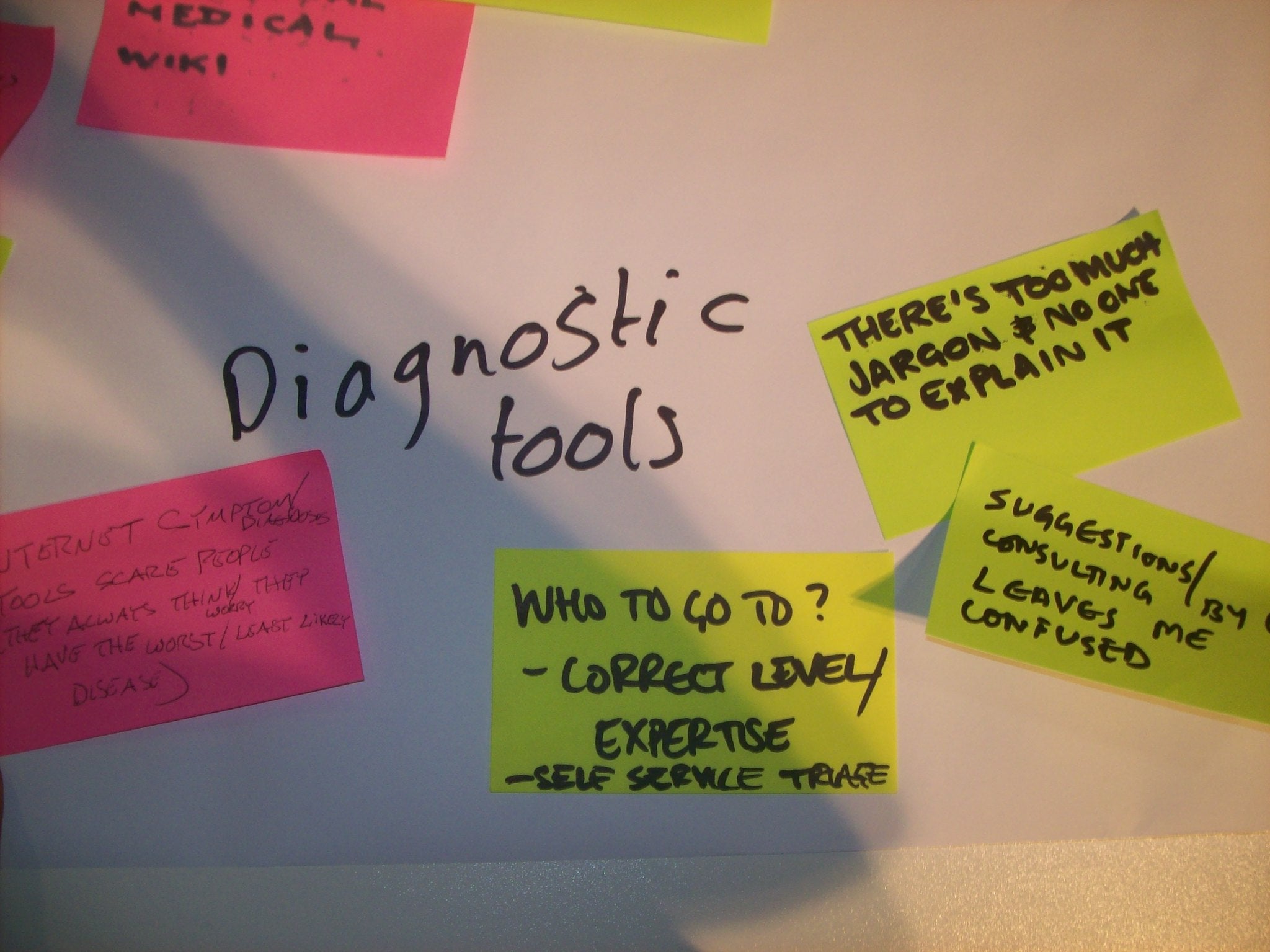“Poor Prognostication: Hidden Meanings in Word Choices”
Research shows that patients who have a realistic sense of their life expectancy tend to approach treatment differently than those who do not. For that reason, effective communication of prognosis to patients, families and other medical providers is critical for informed decision-making, particularly for patients at end of life. Yet, the absence of a standardised language to express prognostic information can be a barrier for providing realistic information to patients and their families. In this publication, the team of researchers that includes Dr. Michael Pottash and Dr. Hunter Groninger surveyed a random sample of internal medicine attending physicians and residents to better determine perception of word choice related to documentation of patient prognosis and hospice eligibility in the medical record. The findings suggest there may often be subliminal consensus about the length of time certain adjectives connote, for which adjectives like ‘grim’ or ‘grave’ likely acquire implicit meaning in the medical context through informal mechanisms.

